Generative AI is a type of artificial intelligence that can learn from and mimic large amounts of data to create content such as text, images, music, videos, code, and more, based on inputs or prompts.
The university supports and encourages the responsible and secure exploration of AI tools. When using any publicly accessible, non-protected AI tools, it is vitally important that you do not enter any Washington University or secure data, including deidentified healthcare data of any kind, into these platforms.
IT Guidance | AI Tools | AI Optimization Through Automation | Secure AI Tools
| Standard AI Tools | AI Tool Purchasing Guidance
IT Guidance

Responsible Use of Sensitive Data
It is the user’s responsibility to protect sensitive data and verify content when using generative AI tools.
- Is usually claimed to be the property of the vendor.
- Is not considered private.
- May be added to the tool’s knowledge base and provided to other users.
These Tools May Be Inaccurate
Review university, school, and department handbooks.
- Schools will be developing and updating their policies as we learn more about AI tools.
- Faculty members should teach and advise students about policies on the permitted uses of AI in classes and on academic work.
- Students are encouraged to ask their instructors for clarification about these policies.
- AI may contribute intentional and unintended forms of plagiarism and falsification of data.
Be Alert for AI-Enabled Phishing
- Schools will be developing and updating their policies as we learn more about AI tools.
- Faculty members should teach and advise students about policies on the permitted uses of AI in classes and on academic work.
- Students are encouraged to ask their instructors for clarification about these policies.
- AI may contribute intentional and unintended forms of plagiarism and falsification of data.
Adhere to Current Academic Integrity Policies
AI has made it easier for malicious actors to create sophisticated scams at a far greater scale.
Continue to follow security best practices and report suspicious messages via the Phish Report button in Outlook or email to phishing@wustl.edu.
AI Optimization Through Automation
AI Optimization Through Automation
Accelerate administrative efficiency at WashU by leveraging AI-powered solutions to streamline workflows, reduce redundancies, and enhance service delivery. Submit your project idea through our Optimization Through Automation Initiative Intake Form.
AI Tools
AI Application Chart
AI Applications are reviewed by Information Security to ensure they comply with WashU policies. See AI applications and their review status.
Secure AI Tools
Approved for HIPAA/FERPA data
Specific tools have been reviewed and approved for use with sensitive information, including data covered by HIPAA or FERPA.
For assistance with AI prompts (the instruction, question, or input you give an AI system to guide what it does and how it responds), go to the AI Prompts – Examples, Templates, and Customizing Your Output Guide.
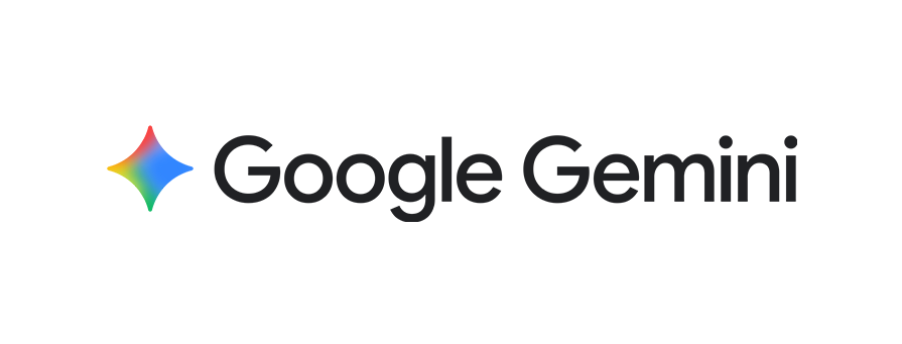
Gemini for Education
Available to Danforth Campus students, faculty and staff by logging in with your WashU Key.
Part of Google Workspace, Gemini for Education provides access to Google’s most advanced AI models in a secure, education-focused environment. Gemini supports multimodal capabilities—working with text, images, and code—so you can handle diverse academic and research tasks in one place
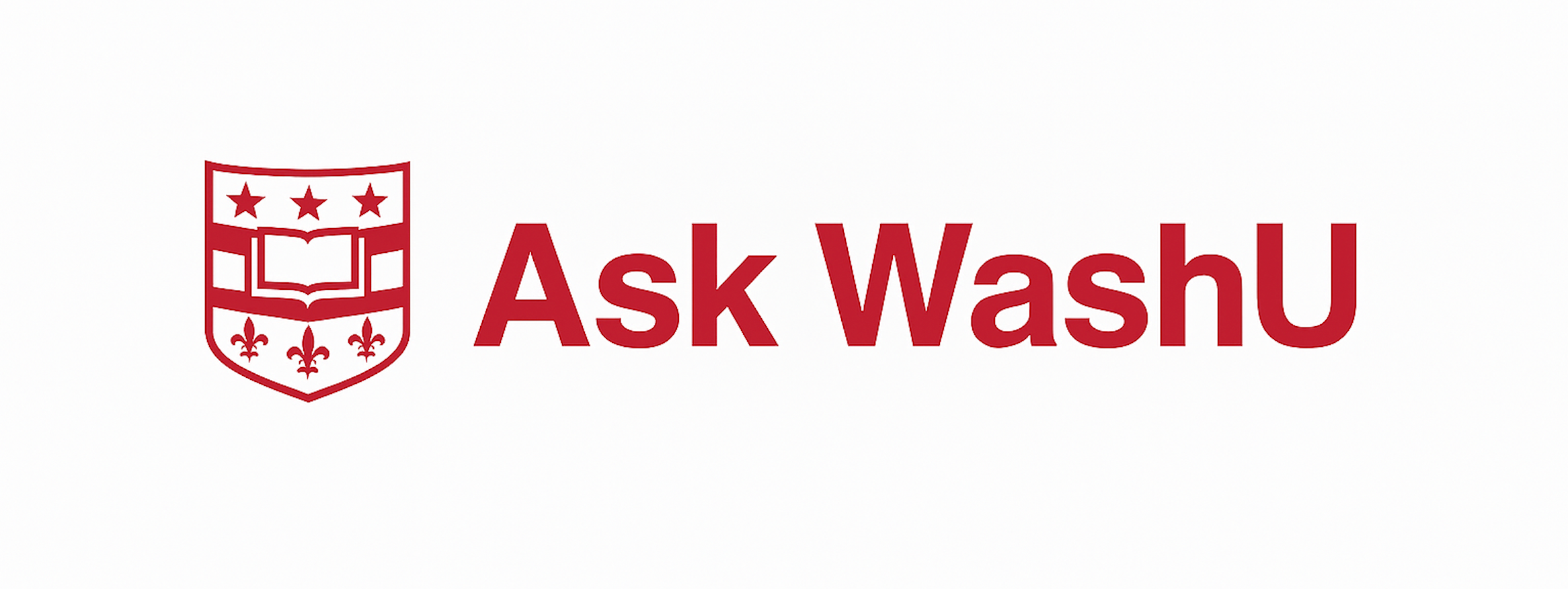
Secure Ask WashU Beta
Available at no cost to WashU students, faculty and staff.
Secure advanced AI chatbot where users can interact with multiple files, select from different models and access similar features with OpenAI and Microsoft. Includes experimental WashU-trained navigators to more easily interact with a curated set of WashU information.

Box AI
Available at no cost to WashU students, faculty and staff.
An intelligent assistant built right into the Box platform that helps you unlock the value of your content faster and easier. It uses advanced artificial intelligence to understand, summarize, and generate insights from your files—all while keeping your data secure.
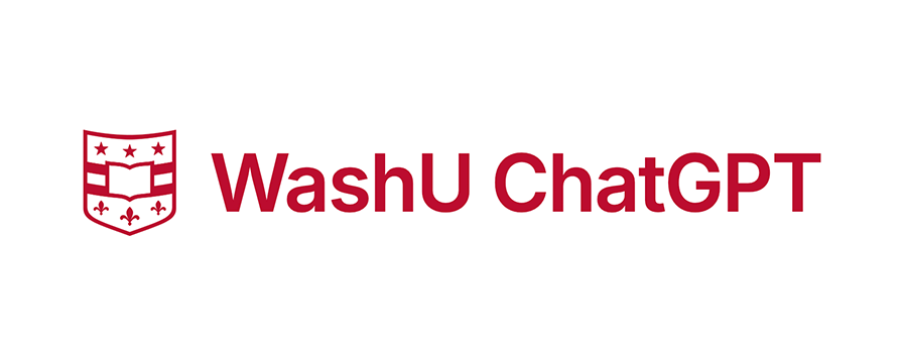
Secure WashU ChatGPT
Available to all WashU students, faculty and staff.
WashU ChatGPT is a university-supported chatbot currently using Open AI’s ChatGPT-4o model. Due to it’s isolated nature, the tool does not pull in new information from the web.

Zoom AI Companion
Available at no cost to WashU students, faculty and staff.
An advanced AI assistant integrated into the Zoom experience. It delivers powerful and real-time capabilities to help you improve productivity and collaboration on the Zoom platform.
Secure AI API Endpoints
Available to WashU faculty, researchers, and staff upon request.
API access to AI endpoints within the secure sandbox is available for use at cost, enabling customization, multiple LLMs, programmatic access, and more.
Standard AI Tools
Not for HIPAA/FERPA data
For assistance with AI prompts (the instruction, question, or input you give an AI system to guide what it does and how it responds), go to the AI Prompts – Examples, Templates, and Customizing Your Output Guide.
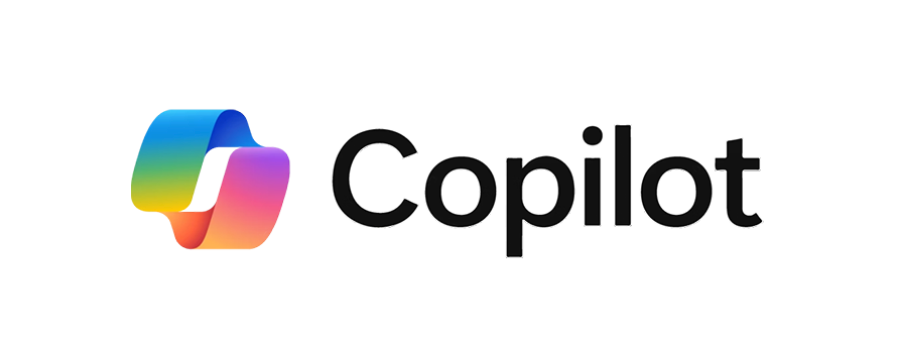
Microsoft 365 Copilot Chat
AI chat platform that generates content in response to your prompts. It is accessed in your internet browser. Once you log in using your WashU credentials, the environment is protected and information you enter remains internal to WashU.
Available at no additional cost for all WashU users with an active Microsoft 365 subscription.
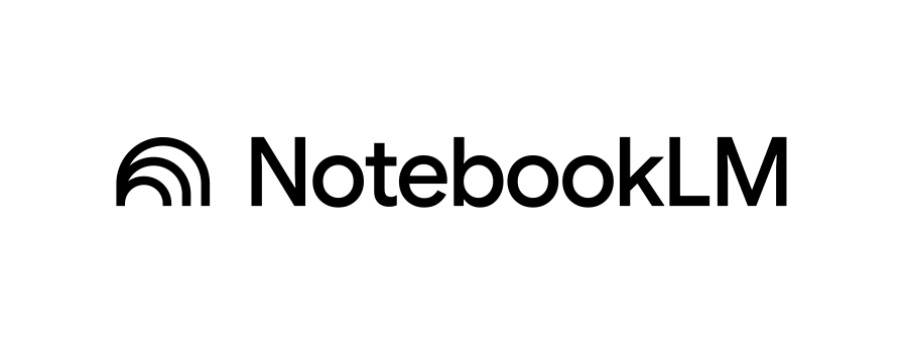
Notebook LM
Available to Danforth Campus students, faculty and staff by logging in with your WashU Key.
Google’s AI-powered research tool capable of referencing multiple sources of information in a single workspace, enabling you to ask questions, create summaries, and generate audio overviews.

Microsoft Copilot for M365
An innovative tool designed to enhance productivity and streamline workflows within Microsoft 365 applications. By integrating AI capabilities, Copilot for M365 assists users in various tasks such as drafting emails, generating reports.
Available at an additional cost for all WashU users with an active Microsoft 365 subscription.
Coming Soon
An additional, advanced AI tool option will be made available to students and faculty on the Danforth campus during the spring semester.
AI Tool Purchasing Guidance
The university aims to ensure that all AI tools used at WashU meet the highest privacy and security standards. Before taking any action, please follow the steps below to determine what applies to your situation.
Step 1: Check if the AI tool already exists
Before doing anything else, check the Approved AI Tools List.
- If your tool is listed:
- No IT Security Review Form Required: You do not need to fill out an IT Security Review form if your needs align with the criteria for which the tool was originally approved (ex not approved for PHI/confidential data). If you plan to request reimbursement or purchase, simply note on your form that you’ve confirmed it’s an approved tool.
- IT Security Review Form Required: You do need to fill out an IT Security Review form if your needs differ from the criteria for which the tool was originally approved.
- If you are uncertain whether the tool meets your specific needs or data requirements, please email ithelp@wustl.edu for guidance before proceeding.
- If your tool is not listed or includes new AI features, it is strongly suggested to email ithelp@wustl.edu to confirm next steps before proceeding.
Why this matters: Many requests are delayed or denied because the tool already exists in another university license. Checking first ensures faster access and avoids duplicate purchases.
Step 2: Still exploring or comparing AI tools?
- Review the AI Tools Policy and Guidance for approved uses and data protection expectations.
- Contact ithelp@wustl.edu if you’re unsure whether a tool is appropriate or approved.
Step 3: Ready to purchase a vendor AI tool?
- If the AI tool has not yet been approved and you intend to proceed with a purchase, an IT Security Review is required. This review evaluates the tool for privacy, security, compliance, and AI-specific risks, including how university data is processed, stored, or used for model training.
- Note: Completion of the IT Security Review does not constitute procurement approval. Additional procurement steps may still be required.